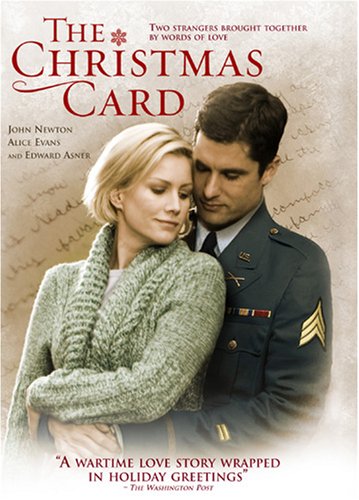The other day my husband and I had one of those “discussions”—my diplomatic reframe of arguments—in which he just wasn’t getting it, and I wasn’t getting it either! Neither of us had a clue what the other was trying to say, as if I were speaking Swahili and he Klingon. Nevertheless we were back on the same planet, understanding each other and coexisting peaceably within twenty minutes, thanks largely to Greg’s patience, calm spirit, and refusal to emotionally escalate at the breakneck rate towards which I tend. I’ll admit to being as sensitive as the next woman, if not a little more, so my husband’s steadfastness is an asset to me personally and to our marriage.
I told him as much following our argument—I mean discussion—and thanked him for not being easily offended. He said, “I keep my back oily,” to which I wrinkled my nose and said, “Eww! TMI!”, then, “Wait…What are we talking about here?” He said, “You know, like a duck.” I didn’t know—I guess duck facts fall into the unfortunate 90% of sixth-grade science class learning that didn’t make it to the present day—so he explained to me that ducks have glands that produce oil that causes water to easily roll off of their backs; this means that they can swim around all day without being wet and weighed down. (He’s a farmer; he knows these things.) In a similar way Greg keeps his figurative (Thank goodness!) back oily so that many of the things he could be offended by simply roll off.
How? I think there’s a secret in Proverbs 19:11, a verse both Greg and I have sought to epitomize, though this is easier said than done. It says, “A man’s wisdom gives him patience; it is to his glory to overlook an offense.” Let’s examine this verse more closely. First, it’s wise to be patient; this isn’t rocket science. The wiser you are, the more patient you will be when people misunderstand and offend you. And guess what? God gives wisdom to anyone who asks for it (James 1:5). Next, when I overlook an offense, it is to my glory!—not in a weird, “worship me” sort of way but rather as an indication of who I am, my character, which ultimately points back to whose I am, Christ's! The definition for the Hebrew word for “glory” (tiph’arah) includes beauty, honor, and bravery—I love that! It takes bravery to let someone off the hook who has offended me.
Finally, let’s explore the part of this verse with which I have the most difficulty: overlook. I bristle at the thought of “overlooking” an offense because to me this seems to carry the idea of pretending the offense never happened, saying it didn’t hurt even though it did, and basically being in denial, of which I'm not a big fan. Once again the Hebrew definition is helpful; to “overlook” (‘abar) something is to pass over, by, or through it, and this is the same word used to describe how the Spirit of God passed over those doorframes painted with blood that fateful night in ancient Egypt (See Exodus 12:12, 23.). Those homes which were passed over were spared from death and "overlooked" by the Destroyer in response to the presence of lamb’s blood, which foreshadowed the death of Jesus, the satisfactory payment for all offenses throughout history. In other words, to 'abar something is not to simply ignore it for no reason but rather to make an intentional choice to move on from it for a good reason.
The good reason we can make the difficult and even crazy choice to overlook others' offenses against us is that Jesus has taken all offenses upon Himself (1 Peter 2:24), and it's His job, not ours, to deal with them (Romans 12:19). He is just, giving mercy freely but only to those who make Him the Lord of their lives (Romans 9-10), and He does not remove the consequences of sin (Galatians 6:7-8). Let's take our hurts to Jesus and trust Him to deal with those who hurt us because He is more than capable! Let's pick our battles carefully and examine our motives when we’re confronting an offender. Some offenses need to be addressed, and some need to roll off our backs. Let’s keep our backs oily through a steady intake of the Word and output of prayer so we can swim around freely and unburdened by offense like we were created to do.
How about you? How do you keep your back oily? Let me know in the comments.














































